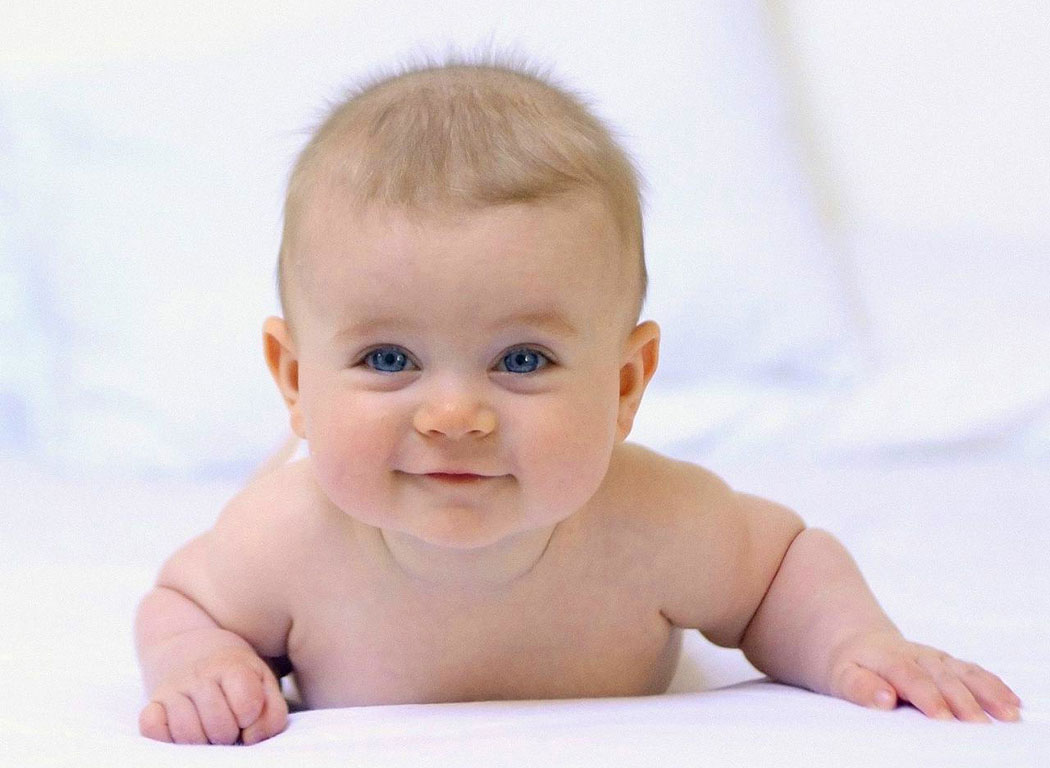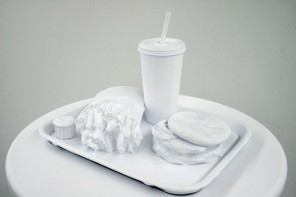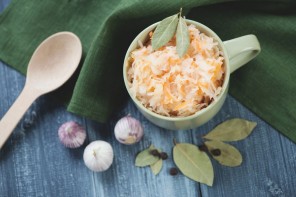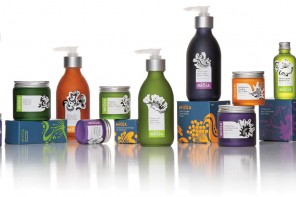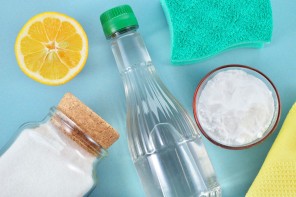A recent study shows that babies are acquiring more allergies than before. What causes them and what can you do to keep your babies protected?
According to the large study that was conducted by the Centers for Disease Control and Prevention, one child in every eight has eczema or allergies – this number has risen by 69 percent since the 1990s. Why is this happening? There are various factors that can increase a child’s allergy risk.
Jagged Little Pills
Our bodies need some bacteria to strengthen our immune systems. Overusing antibiotics can kill these beneficial bacteria, leading to illnesses and allergies. It is especially dangerous for children. According to the American Academy of Allergy, Asthma and Immunology, babies who are exposed to more than two courses of antibiotics in their first year are at a higher risk of getting food allergies.
Are Your Kids Too Clean?
You want your children to be safe from germs, but even this is said to require an attitude of moderation. Experts claim that if children are not exposed to some germs their bodies don’t learn how to fight off allergens. Added to this, using anti-germ hygiene products can be harmful because they contain ingredients like triclosan. This chemical has been linked to hay fever and allergies, according to a study that was published in the Environmental Health Perspectives journal.
Chemically-Packed House Cleaners
Dangerous chemicals that are found in household cleaning products can cause various health problems, including childhood asthma and skin irritations. Alarmingly, approximately 80 percent of skin reactions are a result of direct contact with a harsh chemical, according to the Asthma and Allergy Foundation of America.
Protect Your Kids
Although sometimes genetics play a part in making children more susceptible to allergies, there are things you can do to help prevent allergies from affecting them.
1. Avoid Antibiotics
If your child gets sick, sometimes pain relievers instead of antibiotics are the best way to treat them. Make sure to ask your child’s paediatrician if a course of antibiotics is absolutely necessary. If so, make sure your child completes the course every time. This prevents them from getting sick again and possibly requiring a stronger dose of medicine.
2. Let Them Get Dirty
Don’t fret if your children are playing in the dirt – this can be a good way for their bodies to build up resistance against illnesses. The immune system has white blood cells, Th1 lymphocytes, that kill off infected cells in the body, while Th2 lymphocytes create antibodies to prevent harmful germs from entering the body’s cells. When a baby’s born, his or her immune system mainly relies on its Th2 system until the Th1 structure becomes stronger. The catch? It can only become powerful by fighting off infections and harmless microbes.
3. Use Natural Cleaners
You don’t need dangerous chemicals in order to clean. Household items such as vinegar mixed with water can be used to clean surfaces and windows, while baking soda is a great cleaner when you need to scrub off dirt. If you’re buying cleaning products, choose safer, eco-friendly ones. But always read labels – the product might look natural or have planet-friendly packaging but still contain toxic ingredients. Kids already have allergies? Stick to the organic products – they won’t irritate or worsen them.
Does Food During Pregnancy Help?
There have been claims that consuming certain foods and avoiding others when you’re pregnant can influence your children’s risk of allergies. Recent research that included 74 studies concluded that there is no real evidence of this. Another claim is that breastfeeding infants can prevent allergy risks, but this has displayed mixed findings. The one tip that the study confirmed, however, was that moms should avoid cow’s milk (it has a high amount of casein that can be difficult for babies to digest and has been linked to allergies). The study advises mothers to consume partially or extensively hydrolysed whey or casein formulas, for up to four months in the case of children who possess a high risk of getting allergies.
Image here

